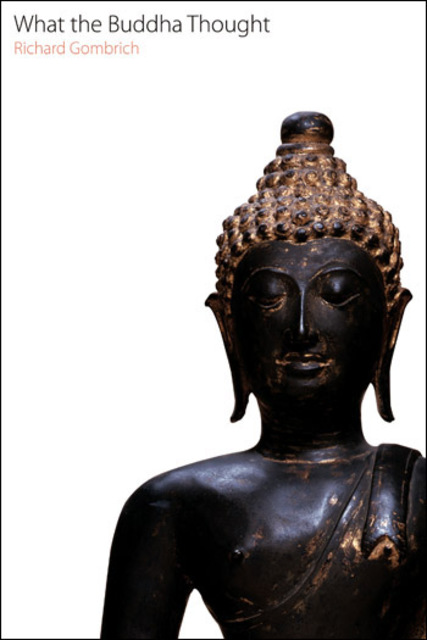Gombrich/What the Buddha Thought, 2. More about Karma, and Its Social Context

Full description
For the Buddha, the idea of karma is inextricably connected with the idea of rebirth. He saw karma, intentional action, as a matter of cause and effect. Good karma would bring good effects for the doer, bad karma bad effects. It would not be right to call these rewards and punishments, because there is no rewarder or punisher. The effects are produced, rather, by a law of nature, analogous for us to a law of physics. For the Buddha and others in ancient India, however, the model was agriculture. One sows a seed, there is a time lag during which some mysterious invisible process takes place, and then the plant pops up and can be harvested. The result of an intentional act is in fact normally referred to as its ëfruití. The time between the act and its fruit is unpredictable.
- typeImage
- created on
- file formatjpeg
- file size58 KB
- container titleWhat the Buddha Thought
- creatorRichard Gombrich
- isbn9781845536138 (eBook)
- publisherEquinox Publishing Ltd.
- publisher placeSheffield, United Kingdom
- rightsEquinox Publishing Ltd.
- series titleOxford Centre for Buddhist Studies Monographs
- doi
We use cookies to analyze our traffic. Please decide if you are willing to accept cookies from our website. You can change this setting anytime in Privacy Settings.
